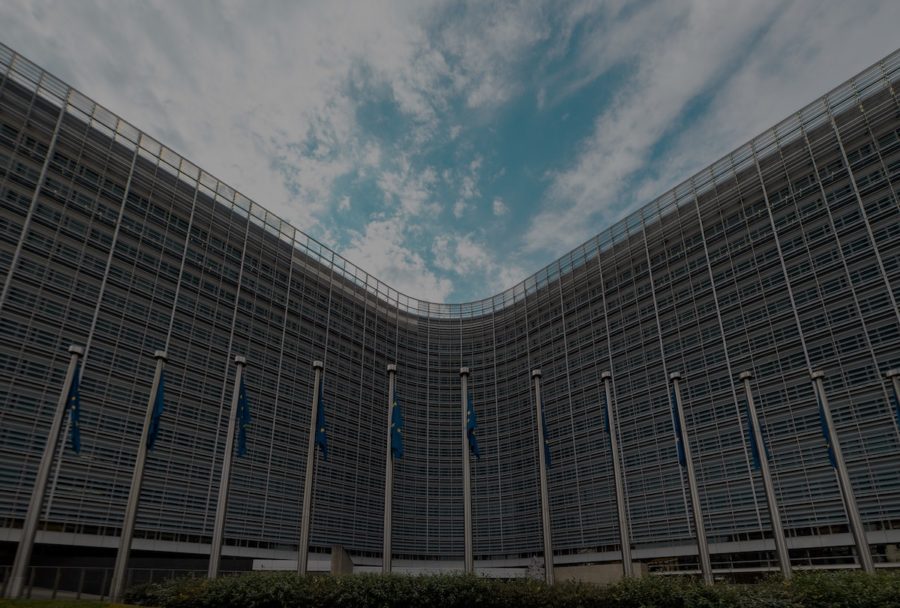Following a series of money-laundering scandals across the EU over the past few years, the European Commission has set out plans to assume new pan-European powers to combat financial crime.
During an official press conference held on May 7th, Valdis Dombrovskis, the EU executive vice-president who oversees financial services, unveiled a detailed six-point Action Plan, calling for the introduction of new regulations to address the varying enforcement practices across the union. During the same speech, Mr Dombrovskis also announced proposed changes to the current EU’s money-laundering blacklist, set to take effect from October 2020.
Europe has some of the world’s toughest laws against money laundering, but we must do more. Our anti money laundering action plan will close loopholes and remove weak links in the rules #AML pic.twitter.com/keEg8KB74C
— Valdis Dombrovskis (@VDombrovskis) May 7, 2020
More specifically, the six pillars on which the Commission intends to focus its approach are the following:
- Ensuring the effective implementation of the existing EU AML/CFT framework;
- Establishing an EU single rule book on AML/CFT;
- Bringing about EU level AML/CFT supervision;
- Establishing a support and cooperation mechanism for FIUs (financial intelligence units);
- Enforcing criminal law provisions and information exchange at a pan-European level;
- Strengthening the international dimension of the EU AML/CFT framework.
Point number 3 – regarding the introduction of a new supervisory body – is the one whose implications has received most media attention since the publication of the Action Plan. As remarked by Sam Fleming and Jim Brunsden in the Financial Times, “the proposal for a new enforcement body, which would conduct on-site inspections and assess how legislation is implemented, would mark a significant expansion of Europe’s response to a wave of money-laundering scandals”.
“The EU supervisory system is only as strong as its weakest link”, said Vice-President Dombroviskis in his May 7th speech. Whether the new task will be assigned to an existing EU body or to a newly established agency remains to be discussed. In fact, Mr Dombroviskis added:
We are presenting different options for consultation. We may propose a new EU agency, or add to the responsibilities of the European Banking Authority, depending on the feedback we get. However, if the EBA is to become the EU supervisor, both its track record and governance will have to improve.
The European Commission’s public consultation on the matter will be open until 29 July 2020.
For weekly updates on international money-laundering, KYC and financial regulations, make sure to follow Know Your Customer on Twitter and LinkedIn.
For a comprehensive overview of current AML regulations in the European Union and their impact on KYC compliance for financial institutions, download our white paper here.
Last updated on April 23rd, 2023 at 07:33 pm


